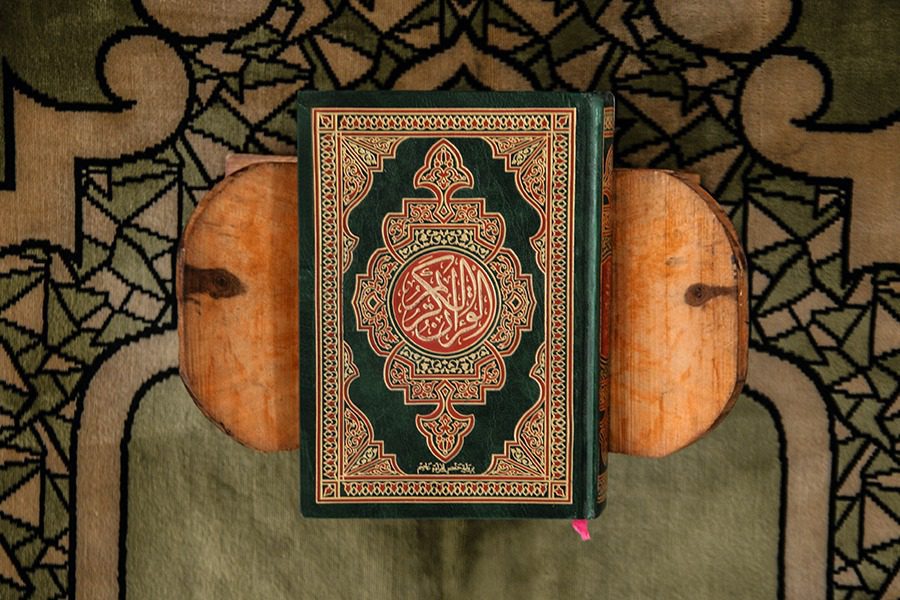Most of us, even vaguely, know a little about Hajj. It is the fifth pillar of Islam and obligated once in a lifetime. Though, there are some regulations on who should perform Hajj and when this blog will not focus on that.
Our motive in this post is to help you all understand the core of this ritual. Why should a person perform Hajj? What is the point of journeying so far away from your land? Is there a reason for leaving your comfort zones and wandering about the Holy places?
For starters, let’s begin with the foundation.
What is Hajj?
Hajj is associated with the life of Hazrat Ibrahim (AS), his wife Hajra (AS), and Hoy Prophet (PBUH). The struggle that Hazrat Ibrahim (AS) and Hajra (AS) went through for the sake of seeking Allah’s pleasure holds paramount importance in Islam.
The Almighty was extremely pleased by the sacrificial nature of Ibrahim (AS) and his family. So much so that the entire Ummah (till the Day of Judgment) will recall their names and glorify their practices.
As mentioned earlier, anyone who sets out on this journey must abide by some laws. Allah gives us a bunch of commands in the Quran, such as:
Hajj is [during] well-known months, so whoever has made Hajj obligatory upon himself therein [by entering the state of ihram], there is [to be for him] no sexual relations and no disobedience and no disputing during Hajj. And whatever good you do – Allah knows it and take provisions, but indeed, the best provision is fear of Allah and fear Me, O you of understanding. (2:197)
And when you are finally on the journey, remember that:
O you who have believed, do not kill game while you are in the state of ihram. And whoever of you kills it intentionally – the penalty is an equivalent from sacrificial animals to what he killed, as judged by two just men among you as an offering [to Allah] delivered to the Ka’bah, or an expiation: the feeding of needy people or the equivalent of that in fasting, that he may taste the consequence of his deed. Allah has pardoned what is past; but whoever returns [to violation], then Allah will take retribution from him. And Allah is Exalted in Might and Owner of Retribution. (5:95)
Similarly, as you are about to slaughter the sacrificial animals on the 10th of Zil-Hajj, Allah tells us that it isn’t their meat or blood that reaches Him. It is the righteousness in your heart that is of significance.
For further clarification on the subject, we suggest you should consult a scholar who would help you understand in the light of the Quran.
Lessons to take home from Hajj
Every person who goes there must brace himself/herself for days of struggle. Perhaps, they have to walk long distances, or the food may not be delicious enough. And maybe, the places to sleep are not as comfy as homes. But there are four takeaways from the entire journey that should stay in sight.
Let’s take a look through them:
Islam














